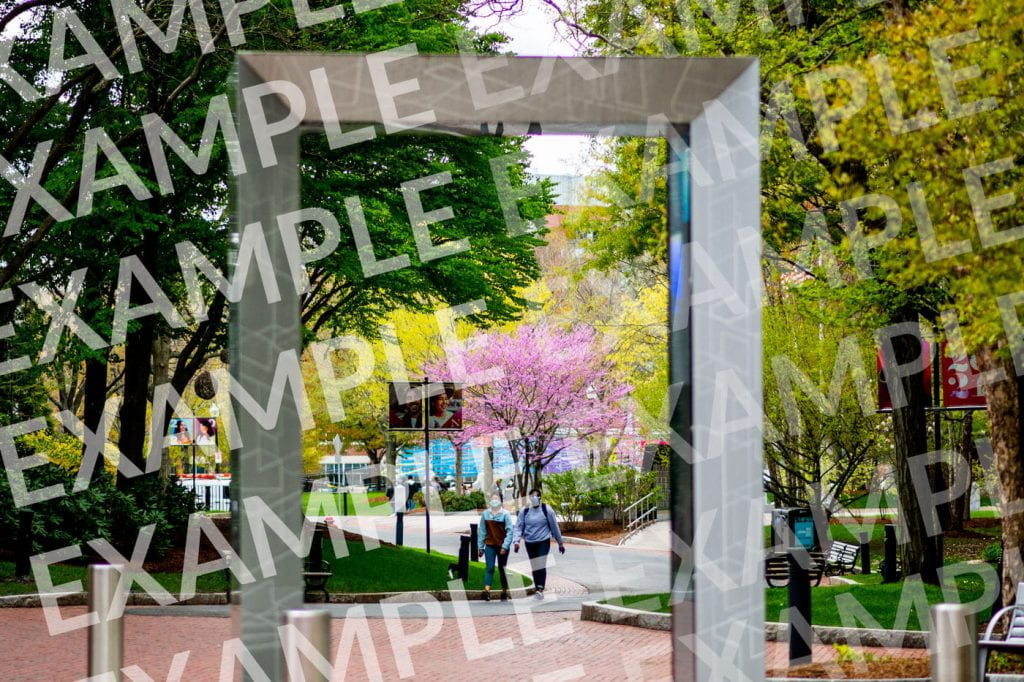Project Overview
Research in the environmental sciences, engineering, and related fields often involves working with groups of community members through partnerships and consultation arrangements. Many environmental projects take place in communities with diverse cultural groups. Training in human subjects protections must therefore include respecting individuals as members of place-based communities. Additionally, cultural groups within local communities in the US and internationally have particular histories and traditions, group processes and research experiences that are important to learn about from case study and other sources. Ethical theories, cultural competence/humility theory, applied ethics field articles and case studies offer valuable preparation for developing culturally-appropriate research methods and for developing more ethical approaches for research interventions with place-based communities.
Brown University’s Center for Environmental Studies, in partnership with SUNY-ESF, was awarded a three-year grant for developing and implementing a “Northeast Ethics Education Partnership (NEEP)” from the NSF’s grant program for “Ethics Education in Science and Engineering from 2010-2013, (Grant # Geo-1032754) . Both faculty and graduate students in environmental studies, science, and engineering, participated in advanced training in research ethics, cultural competence and community-based research for field research. The collaborative project team is promoting a new research ethics training curriculum combining expanded education about individual and community-based human subjects protection and cultural competence training for environmental research in the US and abroad. In 2013, NEEP was awarded a second four year NSF grant (Grant No. GEO-1338751) to expand our partnership to UMASS-Dartmouth Engineering and Marine Science and Technology schools, and to Northeastern University’s School of Engineering and the Marine and Environmental Science Department.
For training resource products on the NEEP Project, please click on CIREE Training Resources.

Highlight one of your favorite projects
Add a photo that visually represents your project or include a photo of your project if possible. The remainder of this text box can be used to provide a brief attention grabber for the reader to captivate them to want to learn more. Use the call-to-action button to link to the page where your project is outlined in depth.
Lab / Research Overview
Sub Topic 1
Use each of these spaces to summarize your work and provide updates or highlight milestones your team has made. If you want to give your readers more context or allow them to read about the project in more depth, link to a publication or another page.
Sub Topic 2
Use each of these spaces to summarize your work and provide updates or highlight milestones your team has made. If you want to give your readers more context or allow them to read about the project in more depth, link to a publication or another page.
Sub Topic 3
Use each of these spaces to summarize your work and provide updates or highlight milestones your team has made. If you want to give your readers more context or allow them to read about the project in more depth, link to a publication or another page

Another section to promote your work and ideas
This section can be used to promote your work and ideas for future projects.

Research Sample 1
Highlight your work with less than 30 words. Manage these with the posts page in the dashboard. Don’t forget to link to the post.

Research Sample 2
Highlight your work with less than 30 words. Manage these with the posts page in the dashboard. Don’t forget to link to the post.

Research Sample 2
Highlight your work with less than 30 words. Manage these with the posts page in the dashboard. Don’t forget to link to the post.

Research Sample 4
Highlight your work with less than 30 words. Manage these with the posts page in the dashboard. Don’t forget to link to the post.
